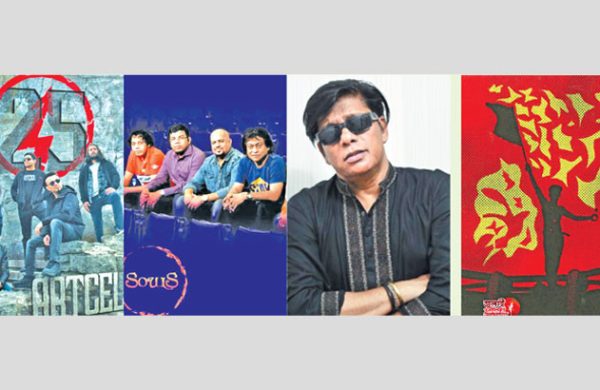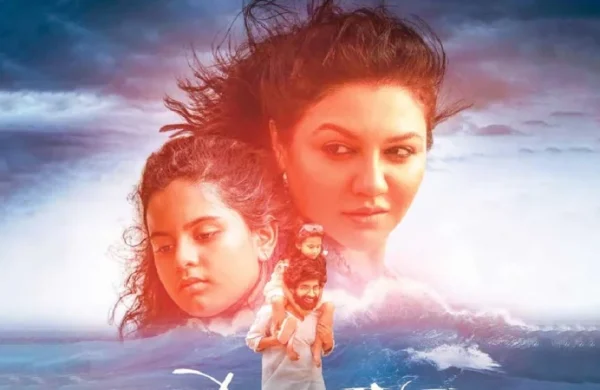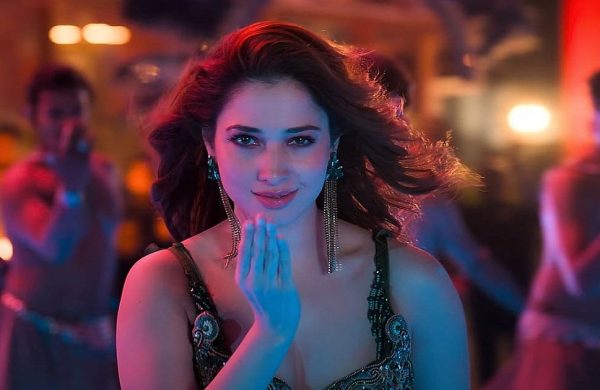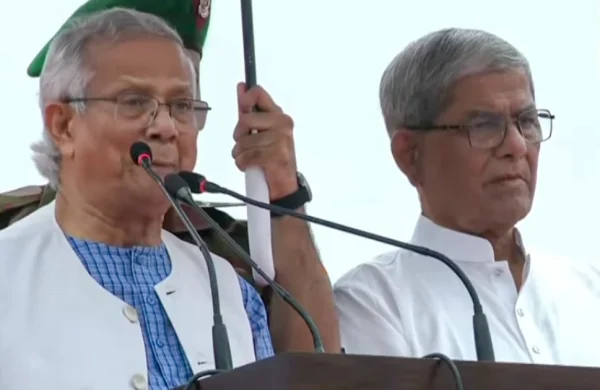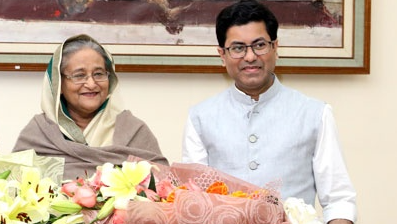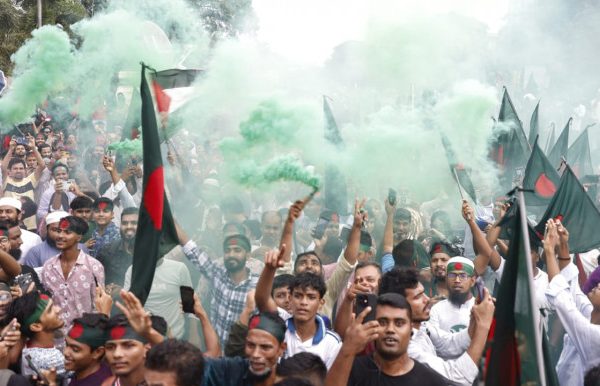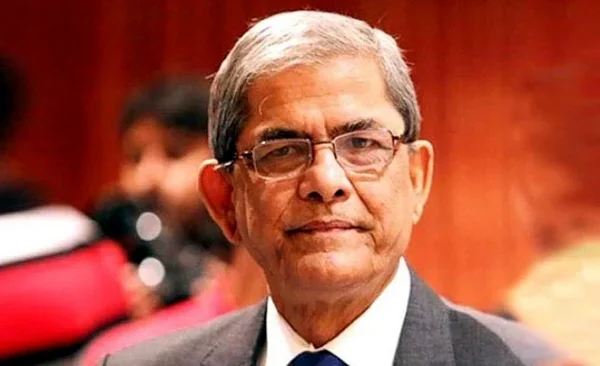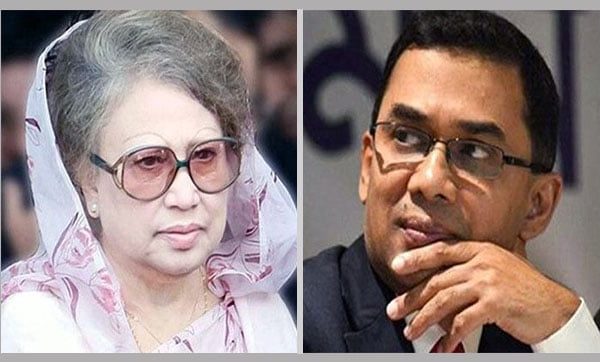Shah Rukh Khan’s most experimental film still outshines its successors
- Update Time : Friday, May 30, 2025

Entertainment Desk:
When Amol Palekar’s Paheli was released around twenty years ago, it was a soft but startling detour for two of Bollywood’s biggest stars: Shah Rukh Khan and Rani Mukerji.
In a film industry then awash with loud love stories, NRI fantasies, and hyper-masculine heroes, two of its brightest leading lights lent themselves to a delicate fable drawn from Rajasthani folklore.
Shah Rukh wasn’t just acting in Paheli, he produced it under his own banner. Fresh off a streak of mainstream hits, Rani sank into the role of Lachchi with a kind of meditative ease.
Together, they brought to Hindi cinema a tale of love and longing that dared to confront something it had long sidestepped: the question of female agency.
When Lachchi’s husband abandons her on their wedding night to pursue a trading venture for the next five years, a ghost who looks just like the husband appears and confesses both his love and his supernatural identity.
He does not deceive her. He asks. And she says yes. Her consent is neither manipulated nor extracted; it is quietly, clearly given.
For a mainstream Hindi film made in 2005, this was revolutionary. In a cinematic tradition that often equates male persistence with love and female silence with acceptance, Paheli dared to flip the dynamic. It offered a woman a choice and honoured that choice without judgment.
That choice becomes the emotional engine of the film. Lachchi isn’t portrayed as a victim or a rebel. She is neither shamed for desiring more nor glorified for enduring less.
She simply wants to be loved; not in theory, but in presence, in gesture, in daily companionship. And the ghost gives her that, with patience, devotion, and poetry.
This is what makes Paheli such a quiet outlier in Bollywood’s romantic canon: it privileges emotional labour from the male lover and emotional clarity from the female lead.
There are no songs of suffering, no sacrificial monologues. Just a woman who chooses affection over absence, companionship over duty. The film doesn’t force her to moralise that choice. It simply lets her live it.
Visually too, Paheli is a rare gem. The cinematography turns the Rajasthani desert into a living painting. From mirror-work lehengas to moonlit dunes, from ornate havelis to puppet-filled folktales, the film is steeped in the colours and textures of Indian tradition.
But it never feels like an exoticisation. Instead, the visual palette acts like a tribute to oral storytelling—where magic and reality blur, where the fantastical is just another version of truth.
Music scores further add to this immersive world, balancing classical instruments with earthy vocals to evoke the timelessness of the tale.
Notably, it was India’s official entry to the Oscars that year—another quiet rebellion against formulaic storytelling. While it didn’t bag the nomination, the mere fact of its selection said something about its ambitions. Here was a film made by superstars, told with craft and care, and unafraid of being unapologetically Indian for the world stage.
And yet, for all its beauty and bravery, Paheli is not without its shortcomings. Its version of women’s empowerment, while refreshing, unfolds within a fantastical vacuum. Lachchi’s choice is presented as personal, but its social consequences are never truly explored.
In real life, or even a slightly less fantastical version of this tale, a woman’s decision to embrace a lover other than her husband, especially in rural India, would have sparked scandal, conflict, and even violence.
But Paheli avoids that reckoning. Her in-laws are mostly kind, her community silent, and her absent husband more foolish than toxic. In the end, when the ghost merges into the body of the real husband, it feels narratively satisfying but emotionally evasive.
The film chooses magical resolution over moral complication and social stigma. By doing so, it risks presenting a version of female freedom that is more wishful than real.
There’s also the curious matter of the ghost himself. While he appears to embody emotional intelligence and romantic tenderness, he is still a male fantasy: mysterious, adoring, shapeshifting, and omnipresent.
His love is not disruptive, but accommodating. He exists solely to make Lachchi feel seen, loved, and cherished.
But that, too, is a kind of trope. It reinforces the idea that women’s liberation lies in better men, not in broader freedoms. Lachchi’s world never extends beyond the walls of her marital home. She gets to choose her lover, but not her life.


